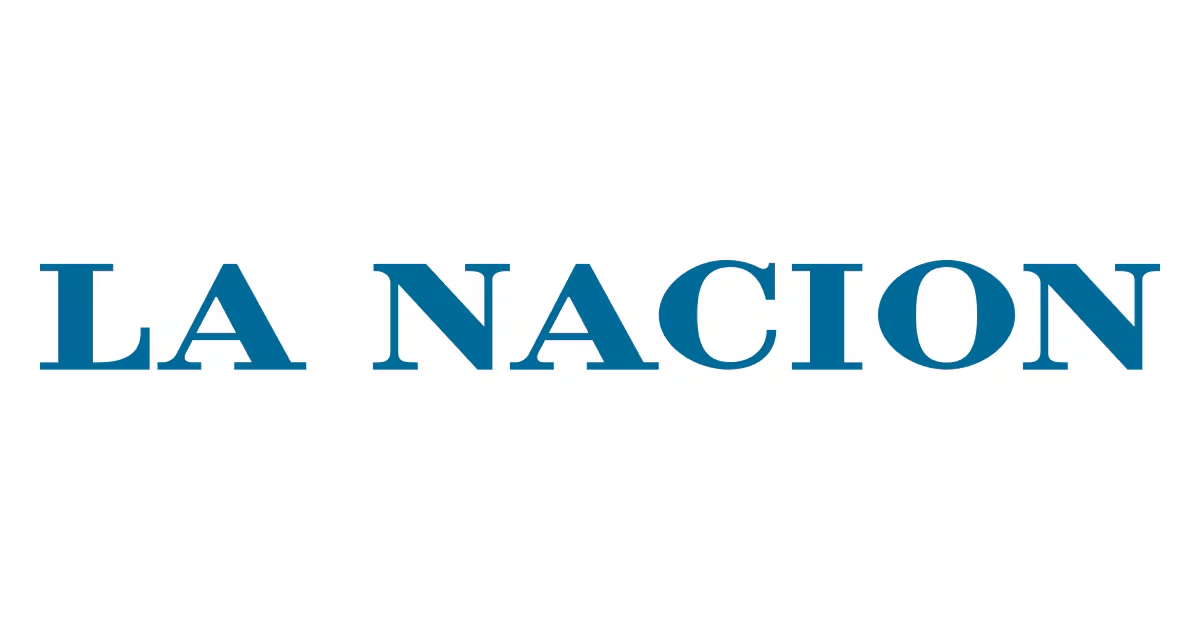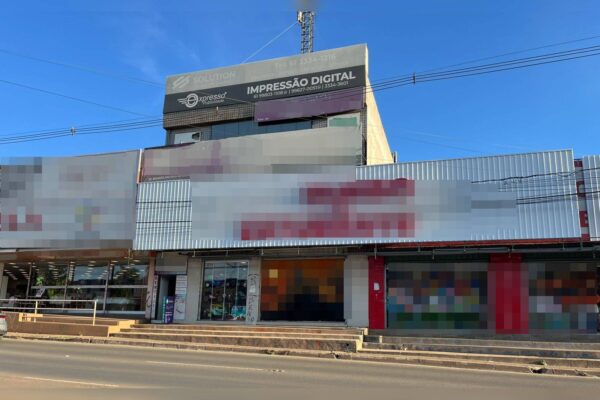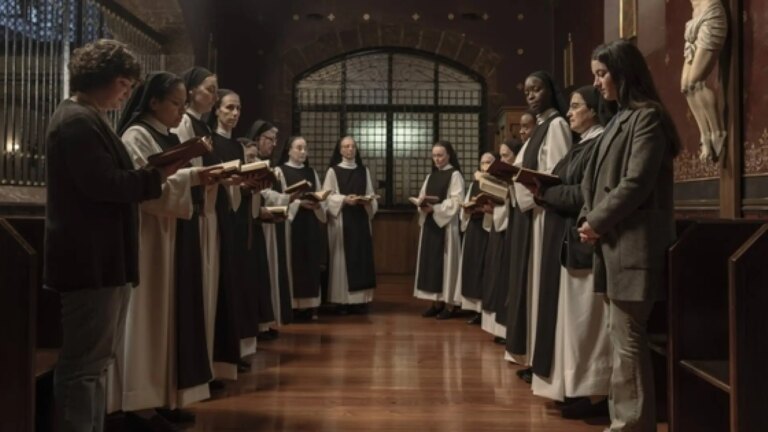
The beginning of the bribery notebook trial once again brought before the Argentine people one of the deepest wounds of our institutional life. Systemic corruption and the impunity that protects it. These are not just individual cases or proper names. This is a framework that has long diverted public resources, degraded institutions, and eroded public trust in the state.
But even more harmful than corruption is impunity. Because the former steals money, but the latter steals hope. Corruption can be fought through controls, transparency and sanctions. Impunity, on the other hand, sends a devastating message and undermines the foundations of our republic. In Argentina, even if powerful people commit crimes, they do not have to pay the consequences..
Seventeen years after the incident, as has happened in several trials, the evidence grows cold, witnesses scatter, and society loses its memory. In such delays, justice ends up working against the corrupt. And at this point, we must question not only those responsible for crimes, but also the justice system whose slowness and complacency ensure impunity.
Judicial independence is a non-negotiable value; But that’s no excuse for inefficiency. Justice that does not act in a timely manner is not justice. The public not only needs courageous, honest, and technically competent judges, but also institutions that function with predictability and reasonable deadlines. Procedural delays not only threaten due process, but also the credibility of democratic institutions.
From Citizens United, we have been insisting that the fight against corruption must be a national policy, not an occasional slogan. That is why we have developed a comprehensive plan against corruption that proposes concrete measures to ensure transparency in public management, strengthen governing institutions and protect those who report wrongdoing. We therefore raised, among other important points, the need to guarantee the traceability of public funds, the active publicization of government actions, and the social control of public services.
But none of this will be enough unless complemented by fundamental judicial reform. We guarantee speed, professionalism and responsibility. If the judicial process takes decades, there is no possibility of a republic. Trust cannot be gained if a lawsuit languishes in court. There is no public ethics when corrupt people feel that time is in their favor.
Corruption not only makes a country economically poor but also morally poor. It deprives people of opportunity, deprives them of benefits and reinforces inequality. But impunity is even worse. It instills cynicism and destroys basic trust agreements between people and nations.
Argentina needs to close the cycle of impunity to open the cycle of transparency. This is not revenge, it is about fixing the system. It is not about looking back, but about learning and establishing new ethical standards for those who wield power.
A trial of Notebooks may be an opportunity. Not just to judge past events, but to take a step toward a new stage of public responsibility. May justice arrive this time, and may it arrive on time. Because without truth and justice there is no future.
National Deputy Representative (ARI Citizens Union)



